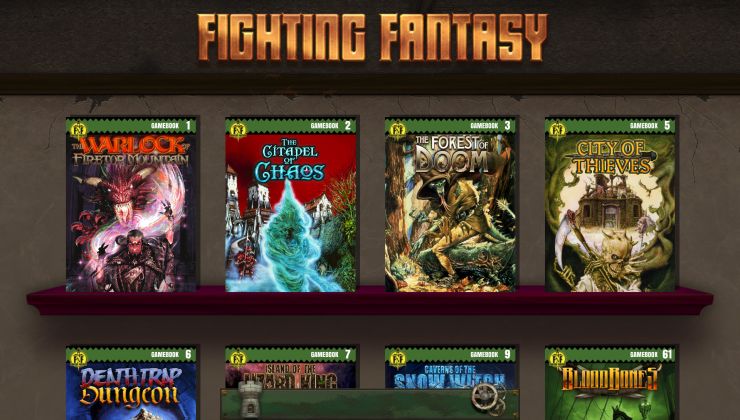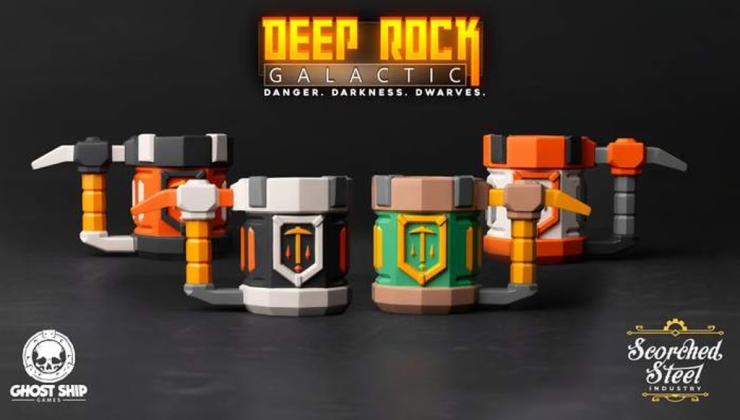Not an emulator but a compatibility tool that translates Windows calls into language Linux can understand, Wine 6.4 is officially out now as the latest development release.
For newer readers and Linux users here's a refresher - Wine is a compatibility layer built for operating systems like Linux, macOS and BSD. The idea is to allow other platforms to run games and applications only built and supported for Windows. It's also part of what makes up Steam Play Proton. Once a year or so, all the development is bundled into a stable release.
Here's what's new in Wine 6.4:
- Support for the DTLS protocol.
- Fontset support in DirectWrite.
- Dialog for editing Access Control entries.
- Theming support for a few more common controls.
- Support for Korean Wansung encoding.
There's also 38 bugs noted as fixed this time around. As usual some being quite old that were fixed a while ago, each release sees the team go over bugs to see what are still actually a problem. Like with this release a bug report from 2007 was finally marked as solved along with issues fixed for: Civilization IV, Soldiers of Anarchy, The Elder Scrolls V: Skyrim SE, Entropia Universe, Banished, Horizon Zero Dawn, Serious Sam 4, The Witcher 3 and more.
What exactly are you trying to prove with all that? because all I see is a kid just wanting to prove some one wrong on the internet again. See this is the reason I don't post here much, there is always some self proclaimed Linux GURU wanting to prove you wrong. It's petty.
I know all about coding, how operating systems work, and how API's communicate, you don't need to prove any thing to me. Don't just assume other people don't know any thing.
Technically, you're (almost) right, congratulations to you. But you missed one stupidly obvious and huge point, the OP's original question.
"Could anyone give me a one-sentence summary on the difference between emulators and translation layers?"
He wanted a short summary of the difference between them. Not a lecture of the in's and out's of how API's work.
So in a short summary, I am still right, because while WINE is an API (like you say), it still just [/i]acts as a translator/interpretor between Windows and Linux API's.
I could have always just said "kernel>api>wine api>api>kernel", but that's not what he asked for is it?
I'm honestly sorry, if the post came off like an attack. I didn't want to "prove you wrong".
I actually wrote
As pointed out earlier, this is actually not really correct or perhaps confusing .... Note the "perhaps confusing". I fully acknowledge how you took up the -- rather difficult -- task to answer in one sentence, however I think this can't be really answered with one sentence, and that such an attempt is bound to fail by being wrong/confusing by omission (except if you craft a *really* long sentence).
I believe that you know all about OS, and I didn't want to disprove that, nor prove anything. Some things simply need a more-than-one-sentence reply.
What you wrote
Think of WINE as an interpreter for spoken languages. WINE translates the language between Windows and Linux, while an emulator attempts an exact recreation of hardware with software.
is something that will be interpreted correctly by any person with prior knowledge (you, me, ...). But I think that most other people will remember mostly just the "emulator attempts to recreate hardware in software". Which, if interpreted naively, is wrong. Again, I know what you mean, you do know what you mean -- but that's not the point.
Emulators can, indeed, also recreate software within software, or not recreate hardware in software, but still emulate. And I really like the definition given earlier, not by me, to say "an emulator actively interprets" while wine is "only passively consulted".
However, this distinction uses vocabulary only understandable properly by people like... well, you, me, and a few others. That's why I, and the previous poster, expanded on this. Not to prove you wrong (I agree, I could have worded this better, I'm sorry!), but to clear up any misconceptions that people will *inevitably* have (I bet some will misunderstand me as well).
In order to make sure people *really get things*, it's often useful to have multiple, different, people giving descriptions, as they all look at it from their viewpoint. It's more than one sentences, yes, but I think its worthwhile. And those who really only will read one sentence, they don't care anyway :-)





 How to set, change and reset your SteamOS / Steam Deck desktop sudo password
How to set, change and reset your SteamOS / Steam Deck desktop sudo password How to set up Decky Loader on Steam Deck / SteamOS for easy plugins
How to set up Decky Loader on Steam Deck / SteamOS for easy plugins
See more from me